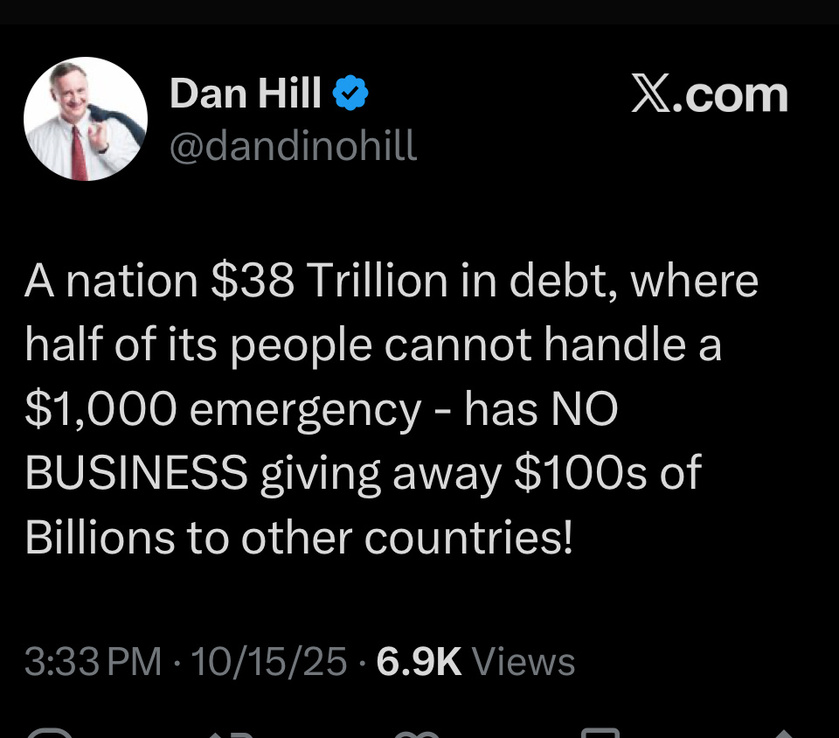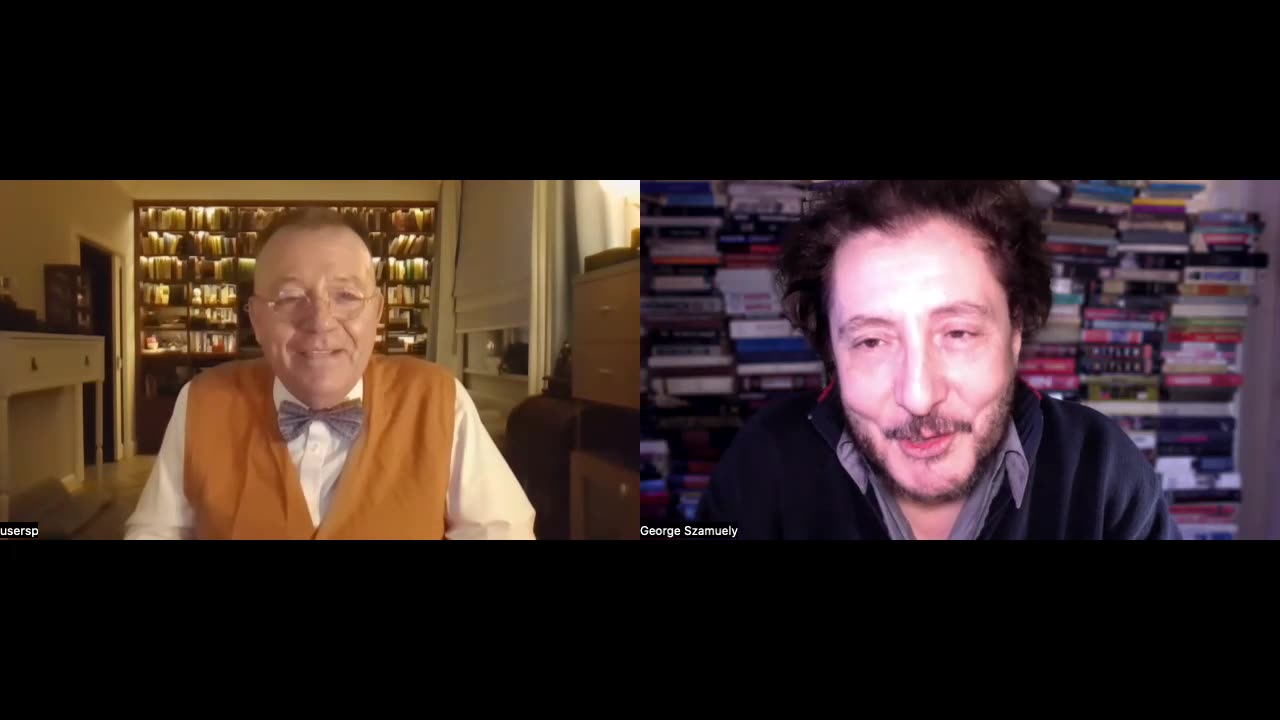Articles by H.A. Mansour
"In the late 1990s, the British supermarket chain Sainsbury’s entered Egypt with the conviction that a vast, underdeveloped market could be brought into the modern retail age. Egypt, the most populous country in the Eastern Mediterranean and by far the largest grocery market in the Middle East, remained largely untouched by the institutional forms of modern consumer capitalism. Food distribution was dominated by small, family-run shops and neighborhood vendors, whose operations depended on personal familiarity and opaque pricing. Sainsbury’s investment thus represented more than a commercial expansion: it was an attempt to transplant an entire economic culture—standardized quality, transparent pricing, cold storage, and the discipline of logistics—into a grocery market still governed by informal exchange and social trust.
At the time, the Mubarak regime actively promoted such ventures as emblems of national modernization. The late 1990s were the high tide of Egypt’s globalization phase: Western multinationals were invited to participate in a managed transition from a state-dominated economy to a liberalized, consumer-oriented order. To policymakers, Sainsbury’s presence promised to demonstrate Egypt’s readiness to integrate into the global marketplace. To its executives, the Egyptian market offered a rare frontier—large, urban, and underpenetrated—where the introduction of modern retail could, in theory, leapfrog decades of gradual development. The company’s slogan for its Egyptian venture, promising “the way to shop in the future,” captured both the optimism and the naivete of that moment. Only two years later, facing intense rumors of being a “Jewish” store leading to rioting and looting, some of which I sadly participated in as a child, Sainsbury’s withdrew from the Egyptian market altogether at a staggering loss. This is the story of how it happened..."
https://critiqueanddigest.substack.com/p/the-economic-cost-of-antisemitism
"For the foundations are being overthrown; what hath the righteous wrought —Psalm 11:3
I have a confession to make. When I first arrived in the United States in 2012 and began to acquaint myself with the American Jewish community—especially its young, liberal kind—I found it difficult to take their talk of antisemitism seriously. Not because antisemitism did not exist; I had grown up within it, and I had fled from it. But because they seemed to know it only as a concept, not as a world. For many, it functioned like one of those negative isms around which the postmodern tribes have learned to organize their identities in a godless and negative age—something to hold onto, to boast about, to derive moral meaning from, a token of victimhood lending drama to a comfortable American life.
Aside from the few who had encountered it directly—mostly within the universities, where it was still treated as an eccentric campus pathology brought about by Arab and Muslim students and of no wider significance—antisemitism existed largely as memory, symbol, or abstraction. Experts, scholars, and activists made careers and livelihoods theorizing it and reconstructing it. When I spoke of the antisemitism I had known—the suspicion, the destruction of any meaningful distinction between truth and fiction, the overwhelming social beliefs in myths of the prevalence of Jewish power and money that is always up to no good—it seemed to them exotic, foreign, almost ethnographic. Yet now, barely a decade later, I find that those memories have made their way here. What once felt distant, implausible, and alien has become familiar, if not at home. I have lived just long enough, which is not at all that long, to witness how America has entered its antisemitic moment."
https://substack.com/home/post/p-175568342
Another Substack analyst noticing the same pattern I am in Lebanon
"This Is Beirut
Lebanon’s government warns that disarming Hezbollah, the pro-Iran militia that undermines its sovereignty, risks plunging the country into civil war. Yet, it simultaneously demands that the international community restrain Israel from targeting this group. This contradictory stance exacts a devastating toll: Without Hezbollah’s disarmament, Israel’s low-intensity military campaign will persist, repelling reconstruction funds and foreign investments. Lebanon faces prolonged economic paralysis and political irrelevance, a self-inflicted crisis rooted in its failure to confront the militia that holds its sovereignty hostage.
Lebanon’s leadership appears trapped in a web of fallacious reasoning, seemingly unable to distinguish between its obligations under international law—such as enforcing state control over armed groups per UN Security Council Resolution 1701—and its domestic political entanglements. By failing to assert sovereignty, Lebanon invites external intervention.
Unwilling to tolerate an armed Hezbollah along its northern border, Israel fills this vacuum with relentless airstrikes on militia operatives and arms depots while maintaining control over five strategic hilltops near the border.
Many Lebanese politicians often deflect responsibility, proposing economic development or programs to lure Hezbollah fighters into civilian jobs as alternatives to disarmament. These are mere distractions, delaying the inevitable and empowering Hezbollah, which exploits Lebanon’s dysfunction to maintain its military and political dominance. Such proposals ignore the reality that economic recovery and stability are impossible while an armed militia undermines the state.
The international community, exasperated by Lebanon’s chronic indecision, has no interest in resolving this self-inflicted crisis. The message is clear: Lebanese sovereignty is Lebanon’s responsibility. Beirut must make the hard choice to disarm Hezbollah, whatever the cost, or remain a bystander as Israel continues to neutralize the militia’s threat.
A parallel dynamic unfolds in Gaza, where the refusal to disarm Hamas perpetuates suffering and stagnation. The first phase of the Trump Deal secured the release of all Israeli hostages in exchange for 2,000 Palestinian prisoners. However, unless Hamas surrenders its weapons, Israel will retain control over half of Gaza, including all border crossings.
This stranglehold blocks reconstruction funds and investments critical for rebuilding infrastructure and fostering economic growth. Like Lebanon, Gaza prioritizes militia armament over national interests, sacrificing the population’s desperate need for jobs, housing, and stability. The refusal to disarm Hamas ensures Gaza remains under Israeli military oversight, unable to recover from years of conflict.
The ethos of resistance, embodied by Hezbollah and Hamas, is meant to serve national survival. Instead, both militias invert this principle: Lebanon and Gaza remain crippled so that Hezbollah and Hamas can endure. This perverse dynamic condemns the region to perpetual conflict, economic ruin, and lost opportunities for future generations. By prioritizing their arsenals over the welfare of their people, these militias betray the very cause they claim to champion, leaving Lebanon and Gaza trapped in a cycle of devastation.
A recent Israeli strike in Msailih, a southern Lebanese town and the hometown of Speaker Nabih Berri—Hezbollah’s political ally in the Shia political duo—underscored Israel’s resolve. The target was a company renting small tractors and construction vehicles, which Hezbollah allegedly uses to dig tunnels and build fortifications. These vehicles are also essential for clearing debris and rebuilding Lebanon’s war-torn south.
By striking them, Israel sent a pointed message: as long as Berri and his allies enable Hezbollah’s rearmament and undermine Lebanese sovereignty, no one is immune from Israel’s reach.
Israel’s strategy shifted decisively after October 7, 2023, when it recognized that Arab governments, including Lebanon and the Palestinian Authority, lack the power to control militias. This realization redefined Israel’s approach to security and peace. No longer relying on promises from weak states, Israel now imposes its own terms: Disarm Hezbollah and Hamas, or face indefinite military oversight.
In Lebanon, this means continued strikes on Hezbollah’s infrastructure and operatives. In Gaza, it means controlling key territories until Hamas disarms.
The international community’s patience has worn thin. Lebanon and Gaza cannot expect external powers to resolve their crises. Sovereignty demands tough decisions—disarming militias, enforcing state authority, and prioritizing national recovery over ideological resistance.
Hezbollah and Hamas have long exploited the rhetoric of resistance to justify their grip on power, but their actions serve only to prolong suffering. Until Beirut and Gaza act decisively, Israel will continue policing these militias, ensuring both regions pay the price of inaction with prolonged devastation, economic collapse, and the erosion of any hope for a stable, prosperous future. The path to recovery lies in courage, not capitulation to armed groups that hold their people hostage."
https://substack.com/home/post/p-176150812
Linneaus
"Hamas’s extrajudicial executions in the streets of Gaza are not governance ‘reassertion’ akin to a fragile post-conflict state restoring police power. It’s militant entrenchment, coercive messaging, and reconstitution of terror apparatus under the thinnest veil of civil control. The idiom of ‘law and order’ projected by Hamas is pure theater: it weaponizes public execution and maiming as it has done during every ceasefire as tools of political consolidation. This al-Ain piece records how the terror militia is exploiting ceasefire conditions to resume the very same tactics—targeted violence, internal repression, militant cohesion—that constituted the infrastructure of October 7."
https://x.com/DanLinnaeus/status/1978422355308212517
"senior cleric close to Iran’s Supreme Leader on Tuesday unveiled a state-published book outlining what it calls Tehran’s plan to destroy Israel.
The book, titled “Israel Annihilation Plan: The Islamic Republic's Strategy for the Destruction of the Zionist Regime,” was presented at an event in Iran's holy city of Qom.
The presentation suggested that despite a Gaza ceasefire which could tamp down region-wide conflicts over the past two years, Tehran was far from retiring its hostility and harsh rhetoric toward its regional arch-enemy.
Alireza Panahian, a cleric close to supreme leader Ali Khamenei, praised the authors during the unveiling ceremony, calling the book a valuable step in elaborating on the views of Khamenei and his predecessor Ruhollah Khomeini.
Since the 1979 Islamic Revolution led by Khomeini, Iran has made opposition to Israel a core feature of its state ideology.
Under its founding leader, Israel was denounced as a “Zionist regime” lacking legitimacy, and it was cast as a symbol of Western imperialism in the Muslim world that must be annihilated.
Over time, this rhetoric has been echoed and expanded by his successor Khamenei, who has repeatedly called Israel a “cancerous tumor” and forecast its eventual demise.
In the ceremony held at Qom's Shrine of Hazrat Fatima Masoumeh, Panahian said “in the aftermath of the 12-day war (with Israel in June), the Supreme Leader’s name is recognized worldwide as that of a hero who stood up against the global order of domination."
Israel launched a surprise military offensive in June, striking Iran’s military and nuclear facilities as well as targeting top officials. Iran retaliated with salvos of drones and ballistic missiles. Author Ali-Asghar Mohammadi-Rad told attendees the book delved into "the theoretical and strategic foundations of Iran's plan to end the life of this regime, as well as an analysis of Israel's irreparable defeats in the recent battle."
"In the final chapter of the book, the connection between the recent 12-day war and the Islamic Republic of Iran's grand strategy of collapsing the Zionist regime is explained, and it is shown that this battle is part of the process of realizing that same strategic plan," he added, according to Tasnim news agency.
The book's back-cover blurb praises the October 7, 2023, attack by Tehran-backed Hamas militants as "a wake-up call for Iran and the entire world."
"The global public—poisoned by the stench of lies and worldliness spread by their rulers—needed to hear the cry of Palestine’s oppression, and the fabricated oppression of (Jewish people in) the Holocaust should sound for them as a bell of disgrace and a cry for freedom," it said."
https://www.iranintl.com/en/202510153980
"Hamas openly admits it has no intention of disarming or giving up power in Gaza—two core requirements of the ceasefire deal it accepted just days ago.
In an interview last night, Hamas spokesperson Hazem Qassem declared the group will reject all Israeli demands related to weapons, saying: “We will not be prisoners to Israeli terminology or demands. This will be a key focus in the next phase of our struggle.”
Qassem also signaled that Hamas plans to reinterpret the signed agreement on Gaza’s governance—pushing for a governing body that aligns with its agenda and preserves its influence.
Hamas is openly defying the peace deal as it prepares for the next war..."
https://gellerreport.com/2025/10/hamas-openly-violates-ceasefire-vows-not-to-disarm-or-give-up-power-conducts-mass-executions.html/
























